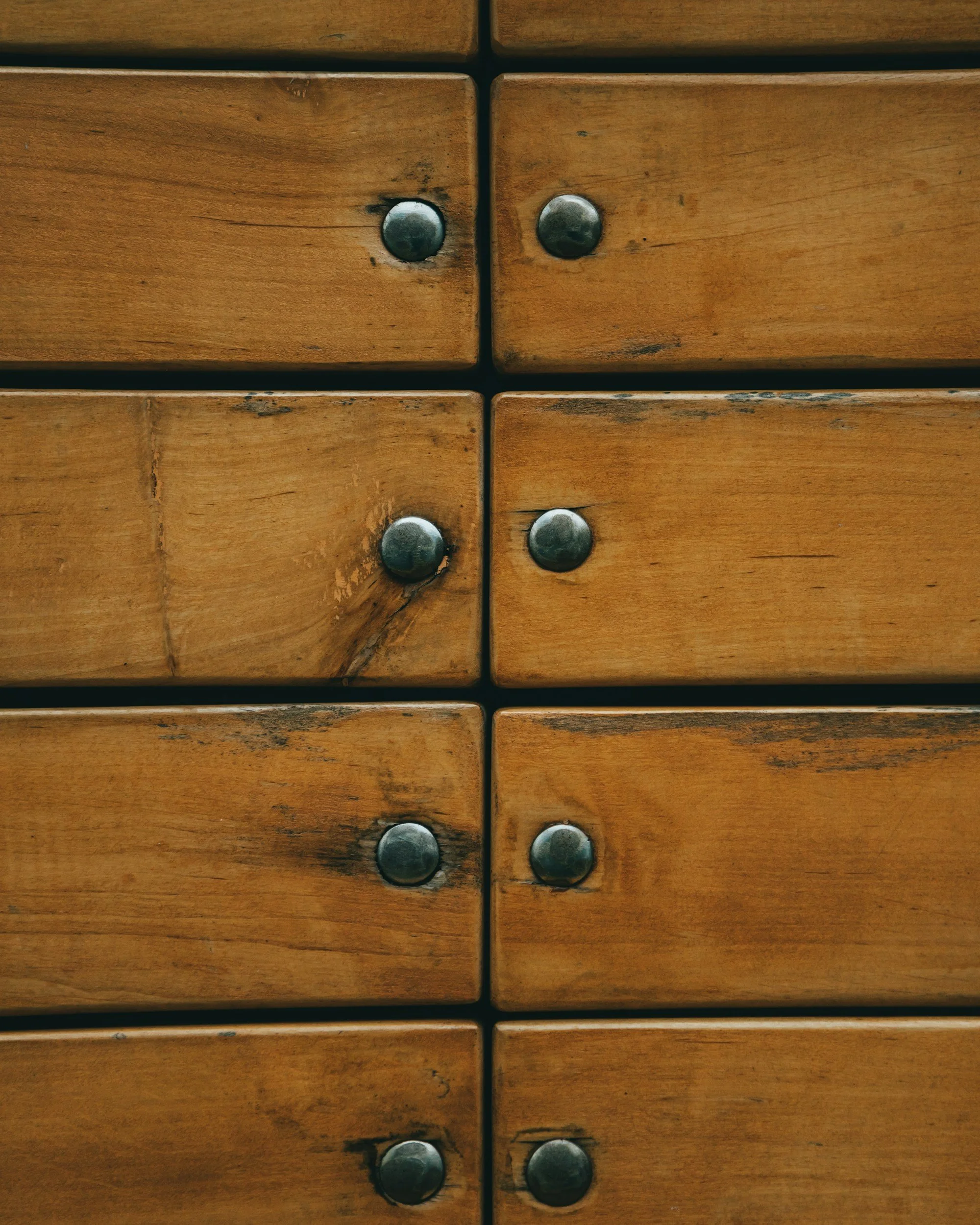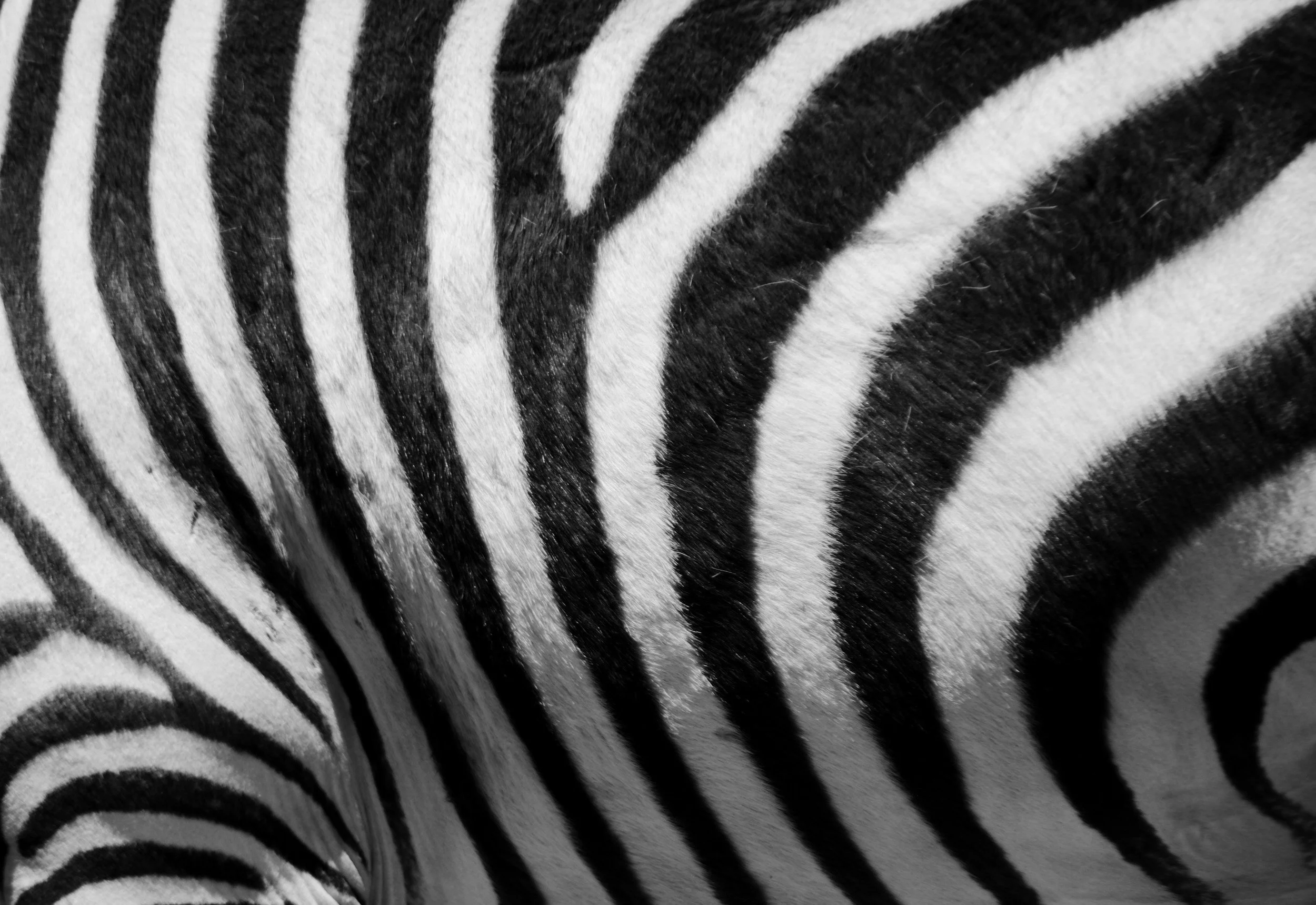What Only I Can See
I began losing my eyesight when I was three – a result of poor genetics and squinting at the television too often. My sight worsened until I was nineteen; by then, I was nearly legally blind and opted to have my vision corrected through surgery. Until that point, losing my eyesight afforded me both a gift and a curse – the gift of insight and the curse of knowledge. I saw the world in layers of truths and half-truths, of what people thought they knew and what actually happened behind closed doors.
I am certain of only one truth: I am only alive because I see my mother in me.
--
When my mother talks about her childhood, there is both sadness and love in her spirit. My mother was born on the island of Trinidad, and spent her entire childhood on the beaches of Point Fortin. She recalls the afternoons she spent at the beach with her Uncle Kenny. Every Saturday, he’d buy her a few packs of Chubby sodas and mangoes to sell. Once she finished, she swam until the sun met the edge of the water, and the smell of curried rice beckoned her home.
On Sunday mornings, Uncle Kenny would make a special breakfast for my mother and her younger brother, Konrad. He’d make the fluffiest pancakes topped with strawberries and whipped cream. My mother and Konrad would sit with Uncle Kenny on the front porch, eating pancakes and telling each other stories. These are the only happy memories my mother has of her childhood.
--
When my mother was fifteen, she tried to commit suicide. Her mother had spent ten years beating the will to live out of her; truly, she may as well have spoon-fed my mother the sleeping pills. On the night my mother swallowed the pills, she walked herself to the hospital to have her stomach pumped. The next morning, she was placed in foster care.
She went home to take what she could fit in a garbage bag – books, clothes, a picture of her and her Uncle Kenny, letters from her father, and a teddy bear from her aunt. In the hours before leaving, she shaved her entire head – four feet of jet-black hair, one final memory of her mother’s hatred, gone. Before she left, her mother beat her one last time, and my mother never looked back.
--
When my mother was twenty-three, she sat in the church and prayed that God would bless her with two children – a boy and a girl. For two years, my mother miscarried numerous times. My father would often find her in the bathroom, alone and crying. She had prayed for two children but instead, was living with almost insufferable losses.
In that same year and the few before it, my mother had sent many letters to her father in Trinidad. Her father had responded to the first few, telling her of his travels throughout Trinidad and Tobago. After a few letters, he stopped responding. It was in this year that she learned her father had passed away about the time his letters stopped coming. Besides her Uncle Kenny, her father was the only human that loved her the way a parent should. She was too poor to go to his funeral and instead, spent several weeks an inconsolable mess.
--
All of the women in my family are big-boned – my grandmother, my mother, my aunt, my sisters, myself. We were born into a culture of rich food and celebration, but much like we were born into a culture of food, we were also born into a culture of obesity and struggle. We don’t eat simply because we love food. We eat because in our loneliness, food doesn’t abandon us. It fills us up when our hearts are empty, our stomachs so full that the pressure on our chest stops the bleeding.
When I was nine, my mother told me I was too big, that I had gained too much weight. The next day, I began dieting. I’ve seen this cycle in my own mother’s life – the way her eyes gloss over when the scale tells her what she’s worth, the way she spends money on diet programs and never finishes, the way she struggles to find a pair of jeans that fit over her stomach. I know her suffering because I’ve seen my mother in me, in the way I do crash diets even though I’ll gain all the weight back, in the way I wear tight clothes to hide my faults, in the way I binge-eat in secret to avoid judgment.
--
My mother works frequently, attends college, and takes care of our home when my siblings and I are away at university. Her ankles swell from being on her feet all day, and her wrists ache from being overworked. She doesn’t admit she’s tired and burnt out. She doesn’t have to because I always see; I always know. I wear my depression the way my mother wears hers – on our sleeves. When my mother is overwhelmed and her body is riddled with stress and wear, she sleeps more. When she is awake, she cries and overeats. She doesn’t know that this is what depression looks like.
When my mother is not depressed, she is manic. She spends money excessively although we don’t have it. Her closet is lined with Louis Vuitton and Dooney & Bourke, but some weeks, we can’t afford to buy food. Other weeks, she sacrifices the car payment and instead, takes herself out to eat or buys new clothes. Mania makes you do things you would never do otherwise. I know because I’ve seen myself purchase a dog for thousands of dollars. I’ve seen myself desperate for quick money and attention. I have seen what most cannot; I have seen my mother in me.
--
The world does not see what I see, and never what happens behind closed doors. They do not hear the way my mother talks about her father – with yearning and heavy eyes, or how badly she wishes to have had a mother. They do not see the overdue bill notices piling up in her nightstand drawer or the way her heart sinks when she realizes we’ll probably never get caught up. They do not see that she is not always okay because my mother does not see it herself. She hides behind self-deprecating jokes and a cold heart, but I know that she is hurting because I see my mother in me.
She may never know how much her childhood wounded her, how those wounds sometimes open up, or how she projects that pain onto me, but just as I see her suffering, I also see her strength. I see her will to survive, her faith in God and the way He carries her onward, her fierceness in everything she does, her beauty. This is how the world sees my mother; they are no stranger to her courage. It is the truth, but only a half-truth; they do not see what I see when I look at my mother. My mother is both strong and weak. This is the whole truth. I know now, even a blind woman has a way of seeing the world. This is how I saw mine.
-Jillian Mark
Jillian Mark is a recent graduate of Emmanuel College in Boston, MA. In May 2020, she completed her undergraduate studies in English: Writing, Editing, and Publishing. In her writing, she explores ideas of identity, family, and heritage. In the fall, she will begin pursuing a Master of Arts in English at Bridgewater State University to continue her career in writing.












